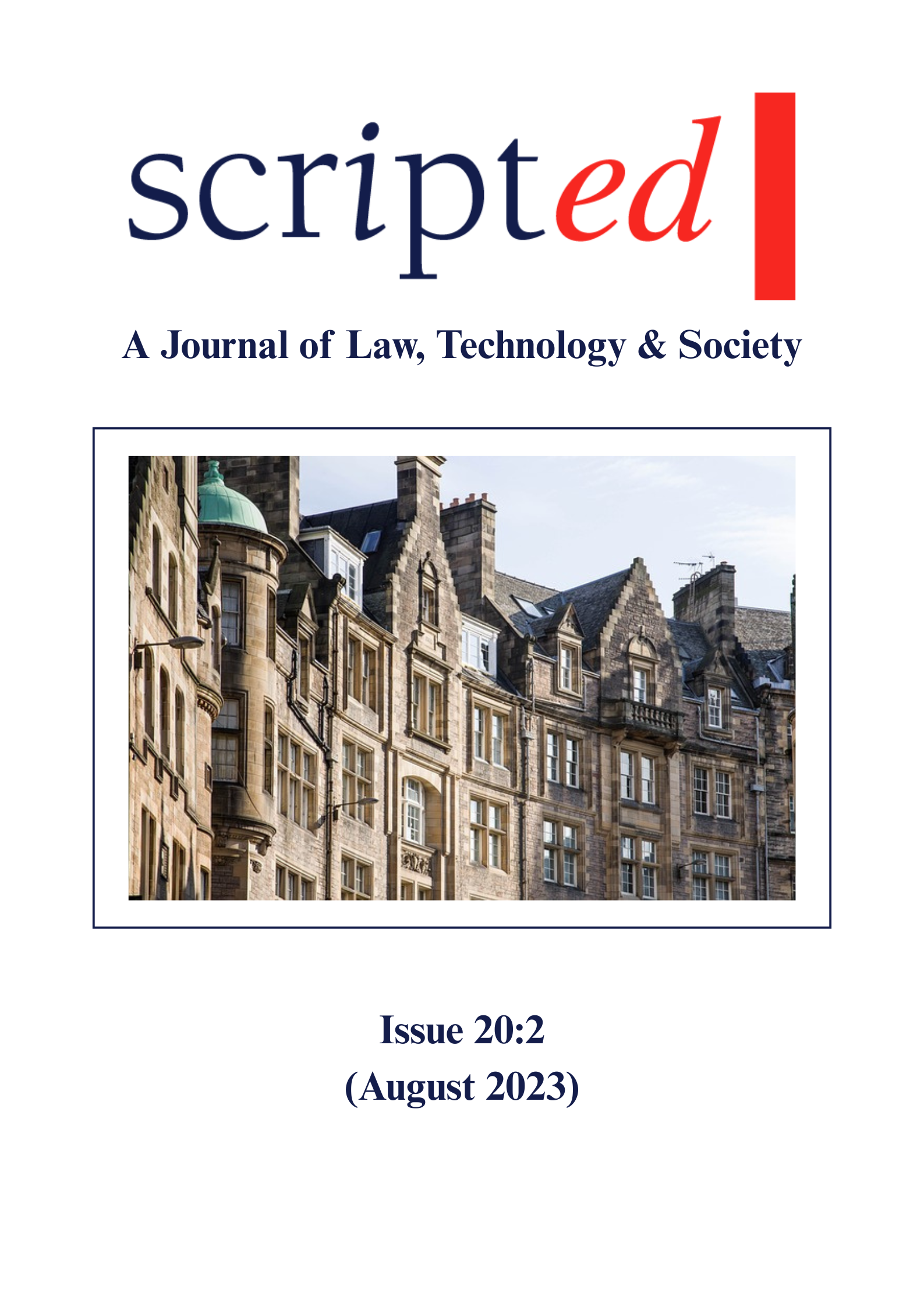Postcolonial Differentials in Algorithmic Bias: Challenging Digital Neo-Colonialism in Africa
DOI:
https://doi.org/10.2218/scrip.20.2.2023.8980Keywords:
Artificial intelligence, algorithmic bias, Africa, postcolonial theory, neocolonialismAbstract
As digital technologies become the dominant driver of the global economy, Africa finds itself once again faced with the prospect of developmental stagnation. In an increasingly technological age, parallels to the colonial era can be made, particularly in reference to the detrimental impact on the African economy and the continent’s developmental trajectory. AI, which drives these technologies, is informed by algorithms. The biases inherent in these algorithms lead to digital discrimination. This discrimination has resulted in a new form of colonialism, referred to as digital neocolonialism, which denotes the exclusionary barrier that has been created by algorithms. This work challenges algorithmic bias through the application of postcolonial theory, which calls for a dismantling of colonial imposition by reimagining and reframing the concept of the ‘other’. The gaps in current AI systems, and the power imbalances created, are interrogated through an analysis of bias and its impact. Through a postcolonial lens, a call is made for more inclusive AI systems, and datasets that challenges the assumed neutrality of algorithms.






